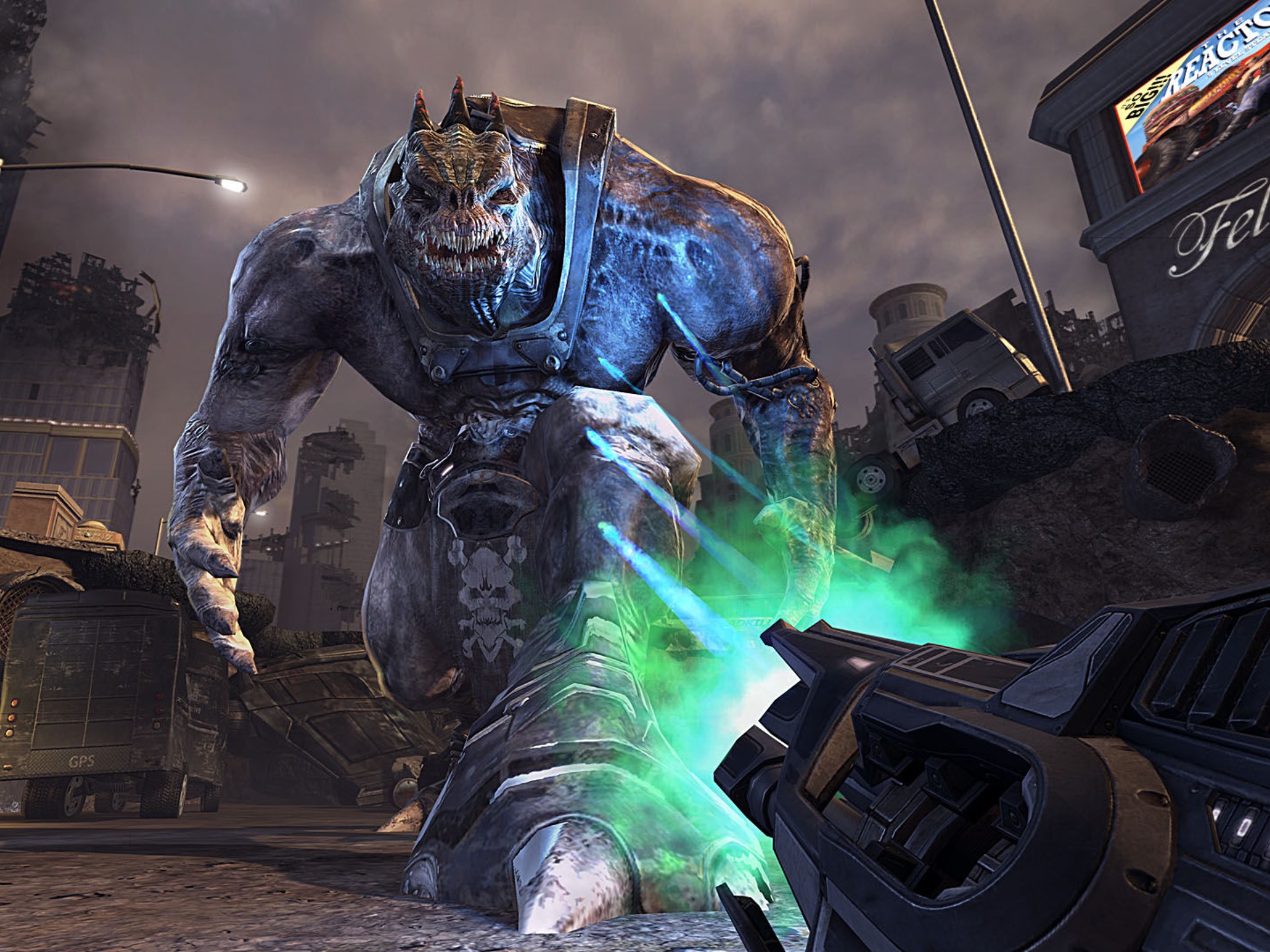Fall Guys - Team Games: Role Allocation Impact - A Review
By [Your Name]
Introduction
Fall Guys: Ultimate Knockout has captivated players with its chaotic, physics-based battle royale gameplay. Among its most engaging modes are Team Games, where players must collaborate to secure victory. However, success in these games often hinges on role allocation—how players naturally or strategically assign themselves tasks within the team. This review explores the impact of role allocation in Fall Guys Team Games, analyzing how it influences outcomes, player behavior, and overall enjoyment.
Understanding Team Games in Fall Guys
Team Games in Fall Guys require coordination, as players must work together against opposing squads. Some popular Team Games include:
- Egg Scramble – Teams compete to collect and defend eggs in their nest.
- Hoarders – Teams must control and push large balls into their scoring zones.
- Rock 'N' Roll – Teams push a giant ball to the finish line.
- Jinxed – Players must tag opponents to "jinx" them while avoiding being tagged themselves.
Unlike solo rounds, these modes demand strategic positioning, communication (even if unspoken), and role specialization for optimal performance.

The Concept of Role Allocation
Role allocation refers to how players naturally or deliberately take on specific responsibilities within a team. In Fall Guys, this can be categorized into:
- Aggressors – Players who focus on stealing eggs/balls from opponents (e.g., in Egg Scramble).
- Defenders – Those who stay back to protect their team’s assets.
- Support Players – Those who assist in pushing objectives (e.g., moving the ball in Rock 'N' Roll).
- Disruptors – Players who hinder opponents rather than directly contributing to their own team’s score.
Why Role Allocation Matters
- Efficiency – When roles are clearly defined, teams operate more smoothly. For example, in Hoarders, having one player defend while others push balls prevents chaotic scrambling.
- Adaptability – Teams that dynamically adjust roles based on the match’s flow perform better. If opponents focus on stealing, defenders become crucial.
- Player Satisfaction – When players feel their role contributes meaningfully, they enjoy the game more. Conversely, frustration arises when teammates ignore objectives.
Impact of Poor Role Allocation
Not all teams naturally assign roles effectively. Common issues include:
- Overcrowding – Too many players focusing on one task (e.g., everyone chasing eggs, leaving the nest undefended).
- Passivity – Some players avoid contributing, leading to an unbalanced effort.
- Lack of Adaptation – Sticking to one strategy even when it fails (e.g., always attacking without defending).
These problems often result in unnecessary losses, especially when opposing teams coordinate better.
Strategies for Effective Role Allocation
To maximize success in Team Games, players should consider:
- Self-Assignment – Quickly assess the game and pick a role (e.g., "I’ll defend while others attack").
- Observing Teammates – If others are attacking, balance by defending.
- Switching Roles Mid-Game – If a strategy isn’t working, adapt (e.g., switch from stealing eggs to protecting the nest).
- Non-Verbal Communication – Use in-game actions (grabbing, pushing) to signal intent.
Community Perspectives on Role Allocation
Discussions on platforms like Reddit and Discord reveal mixed opinions:
- Positive Feedback: Players appreciate when teams naturally coordinate, making victories feel rewarding.
- Frustrations: Many express annoyance when teammates ignore objectives, leading to avoidable losses.
- Suggestions for Improvement: Some propose a role-selection system before Team Games, though this may reduce spontaneity.
Conclusion
Role allocation significantly impacts the success and enjoyment of Fall Guys Team Games. While the game doesn’t enforce strict roles, player awareness and adaptability can make the difference between victory and elimination. Teams that naturally distribute responsibilities tend to perform better, whereas disorganized squads often struggle.
For players looking to improve, practicing role flexibility and situational awareness is key. Meanwhile, developers could consider subtle cues (like in-game hints) to encourage better teamwork without disrupting the game’s chaotic charm.
Ultimately, Team Games thrive when players embrace collaboration—whether through aggressive plays, steadfast defense, or clever disruption.
Tags: #FallGuys #TeamGames #GamingStrategy #RoleAllocation #MultiplayerGaming #BattleRoyale #GameReview


















